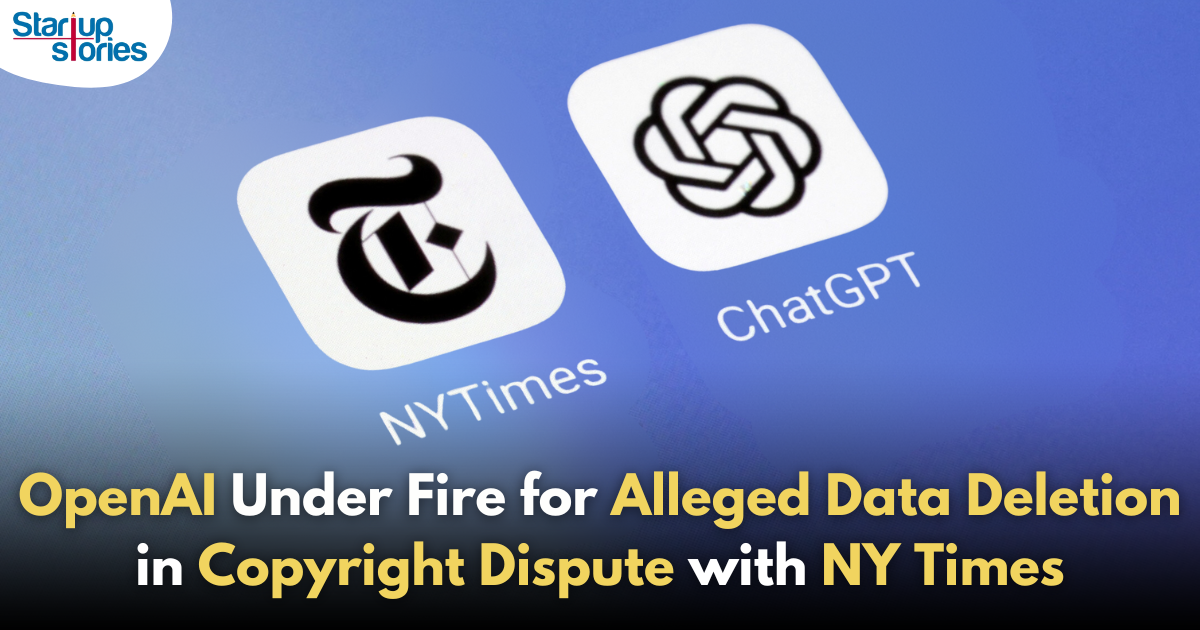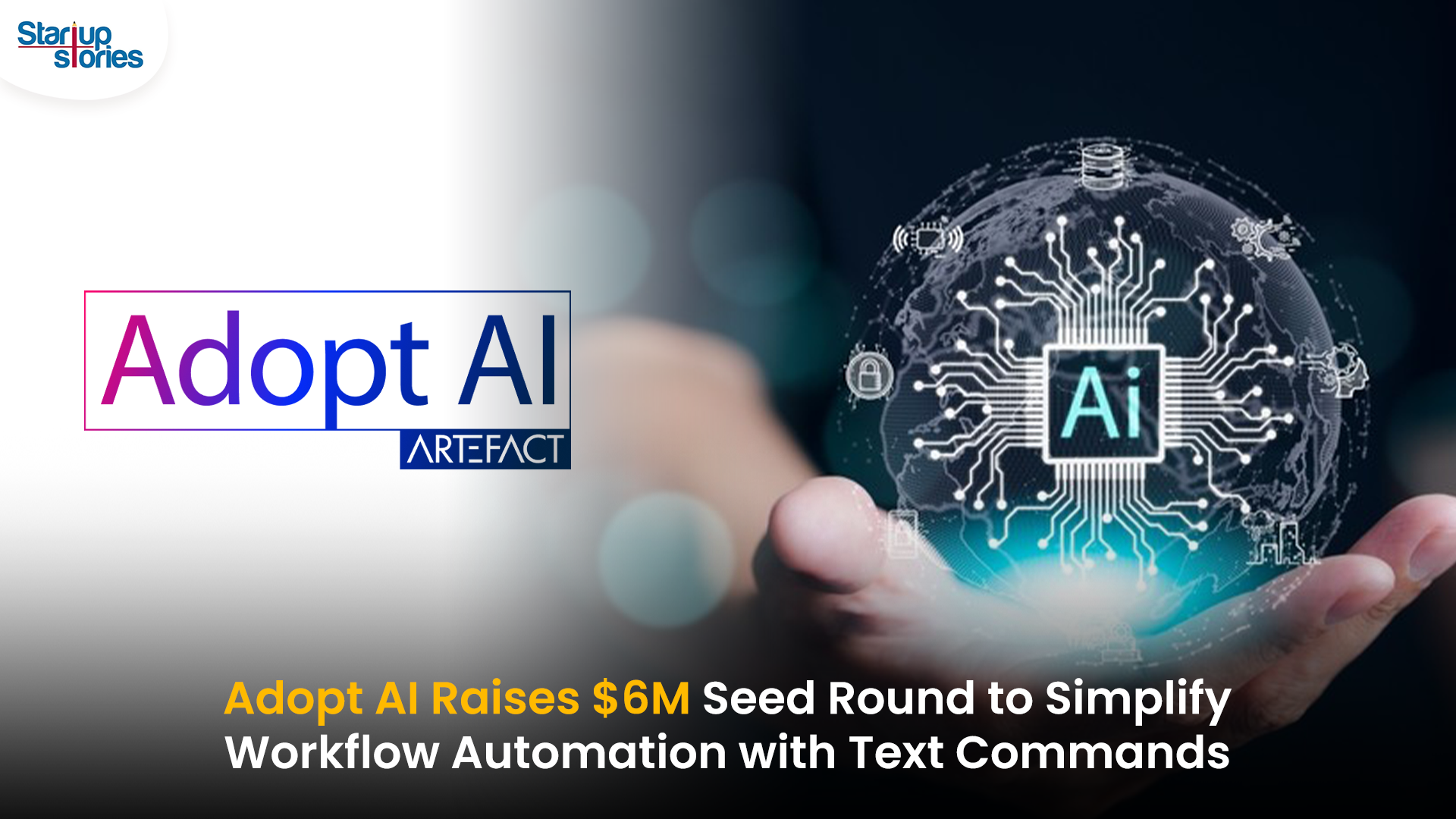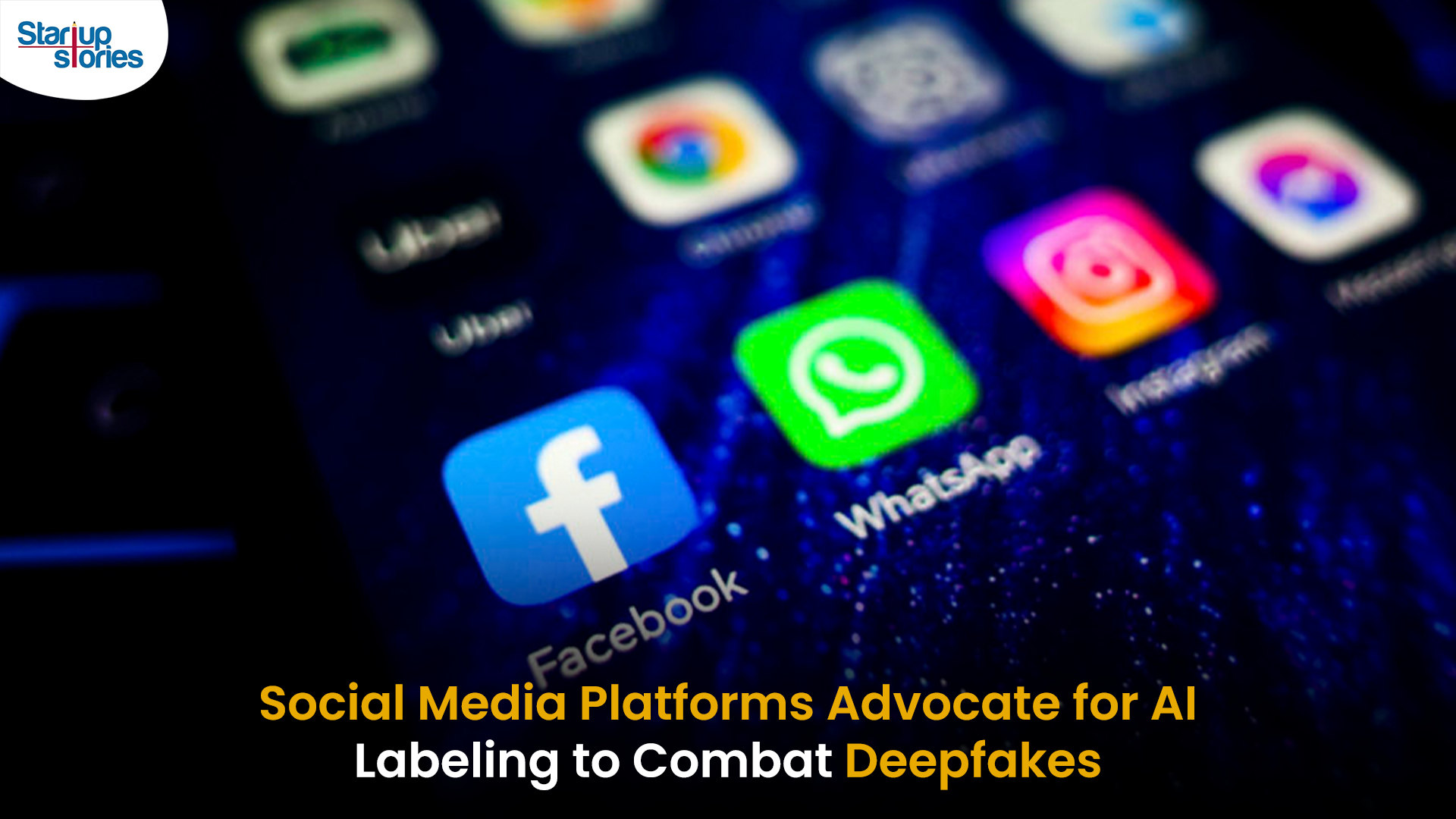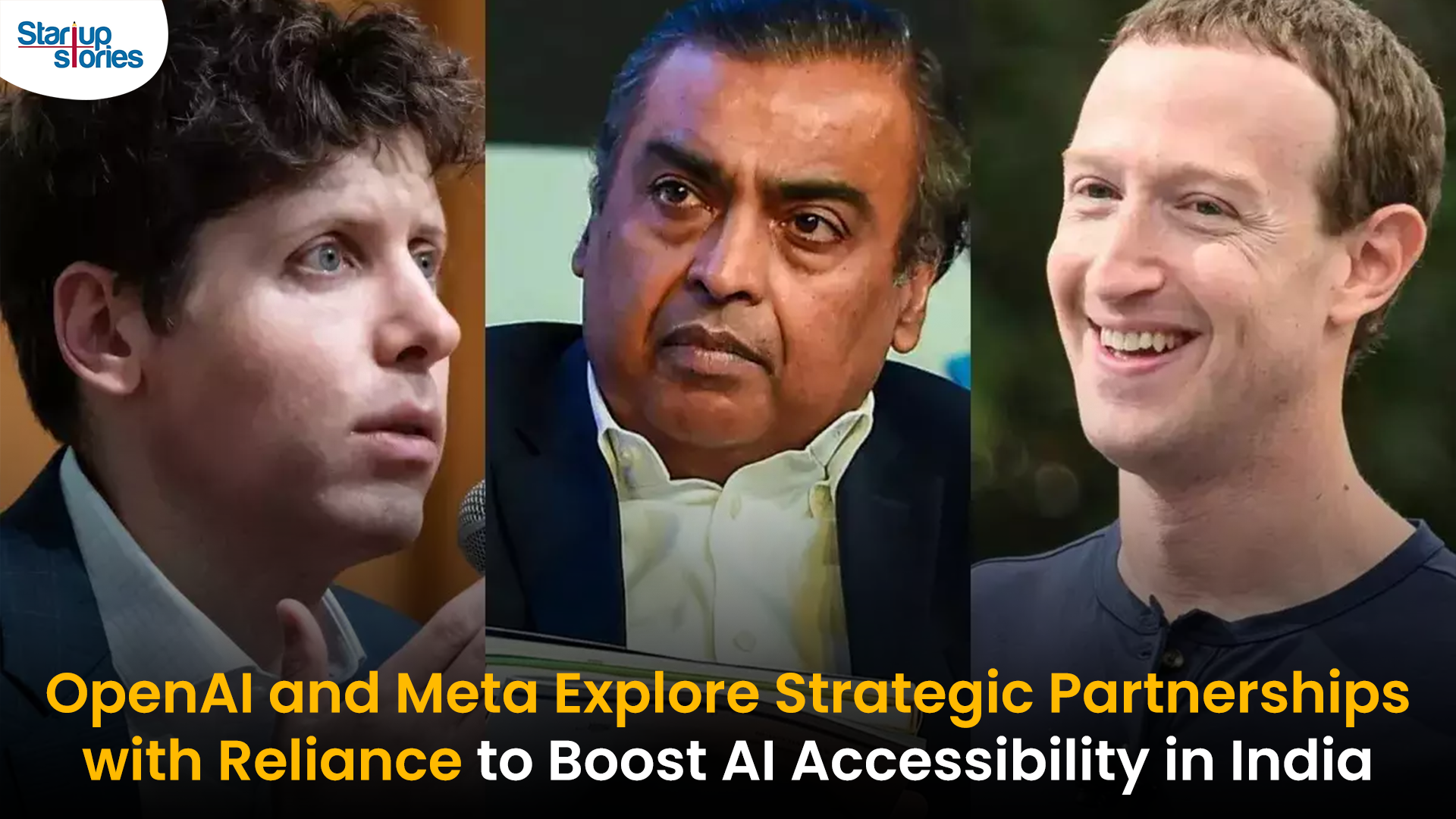Artificial Intelligence
OpenAI Faces Allegations of Accidental Data Deletion in NY Times Copyright Case!

OpenAI is currently embroiled in a copyright lawsuit with The New York Times and Daily News, facing scrutiny for allegedly erasing potentially critical evidence in the case. The lawsuit accuses OpenAI of using copyrighted content to train its AI models without proper authorization, raising significant concerns about intellectual property rights in the age of artificial intelligence.
The Incident
Earlier this year, OpenAI agreed to grant The Times and Daily News access to virtual machines (VMs) to search for their copyrighted content within its AI training datasets. These VMs are software-based environments commonly used for tasks like testing and data analysis.
Since November 1, legal teams and hired experts for the plaintiffs reportedly invested over 150 hours sifting through OpenAI’s training data. However, on November 14, OpenAI engineers inadvertently deleted the search data stored on one of the VMs, according to a letter filed in the U.S. District Court for the Southern District of New York.
Data Recovery Attempts
While OpenAI attempted to recover the lost data, they only partially succeeded. The restored files lacked their original folder structures and filenames, rendering them ineffective for determining where the plaintiffs’ copyrighted articles may have been used in training the AI models.
The plaintiffs’ attorneys criticized OpenAI for this mishap, highlighting that significant time and resources were wasted as their team was forced to start over. “The plaintiffs learned only yesterday that the recovered data is unusable,” the letter stated, adding that OpenAI is in a better position to search its own datasets using internal tools.
OpenAI’s Defense
OpenAI has denied the allegations, attributing the issue to a misconfiguration requested by the plaintiffs’ own team. In a response filed on November 22, OpenAI’s counsel stated:
“Plaintiffs requested a configuration change to one of several machines… implementing plaintiffs’ requested change resulted in removing the folder structure and some file names on one hard drive, which was intended as a temporary cache.”
OpenAI maintains that no files were permanently lost and emphasized that the deletion was not deliberate.
The Broader Legal Context
At the heart of the lawsuit is OpenAI’s use of publicly available data, including copyrighted content, to train its models. OpenAI contends that such practices fall under the doctrine of fair use, allowing the creation of AI systems like GPT-4, which rely on vast amounts of data, including books and articles.
Licensing Agreements
Despite its stance, OpenAI has been securing licensing agreements with numerous publishers, such as Associated Press, Axel Springer, and Dotdash Meredith. These deals remain confidential, though reports suggest that some partners, like Dotdash, receive payments exceeding $16 million annually.
What’s Next?
The legal battle raises broader questions about how AI companies should handle copyrighted materials and whether using such data for AI training constitutes fair use. OpenAI’s ability to demonstrate transparency and compliance will likely play a pivotal role in the case’s outcome.
Implications for AI Development
For now, the accidental deletion serves as a reminder of the technical and ethical complexities surrounding AI development and its intersection with intellectual property rights. As companies like OpenAI navigate these challenges, they must balance innovation with respect for creators’ rights.
Conclusion
The ongoing copyright lawsuit between OpenAI and major news organizations underscores critical issues in the rapidly evolving landscape of artificial intelligence. As this case unfolds, it will set important precedents regarding data usage and copyright law in AI development. The outcome could influence not only how AI companies operate but also how they engage with content creators moving forward.
Artificial Intelligence
Adopt AI Secures $6 Million to Power No-Code AI Agents for Business Automation

Adopt AI, a San Jose and Bengaluru-based agentic AI startup, has raised $6 million in seed funding led by Elevation Capital, with participation from Foster Ventures, Powerhouse Ventures, Darkmode Ventures, and angel investors. The funding will be used to expand the company’s engineering and product teams and to scale enterprise deployments of its automation platform.
Founded by Deepak Anchala, Rahul Bhattacharya, and Anirudh Badam, Adopt AI offers a platform that lets businesses automate workflows and execute complex actions using natural language commands, without needing to rebuild existing systems. Its core products include a no-code Agent Builder, which allows companies to quickly create and deploy AI-driven conversational interfaces, and Agentic Experience, which replaces traditional user interfaces with text-based commands.
The startup’s technology is aimed at SaaS and B2C companies in sectors like banking and healthcare, helping them rapidly integrate intelligent agent capabilities into their applications. Adopt AI’s team includes engineers from Microsoft and Google, with Chief AI Officer Anirudh Badam bringing over a decade of AI experience from Microsoft.
The company has also launched an Early Access Program to let businesses pilot its automation solution and collaborate on new use cases.
Artificial Intelligence
Social Media Platforms Push for AI Labeling to Counter Deepfake Risks

Social media platforms are intensifying efforts to combat the misuse of deepfake technology by advocating for mandatory AI labeling and clearer definitions of synthetic content. Deepfakes, created using advanced artificial intelligence, pose significant threats by enabling the spread of misinformation, particularly in areas like elections, politics, and personal privacy.
Meta’s New Approach
Meta has announced expanded policies to label AI-generated content across Facebook and Instagram. Starting May 2025, “Made with AI” labels will be applied to synthetic media, with additional warnings for high-risk content that could deceive the public. Meta also requires political advertisers to disclose the use of AI in ads related to elections or social issues, aiming to address concerns ahead of key elections in India, the U.S., and Europe.
Industry-Wide Efforts
Other platforms like TikTok and Google have introduced similar rules, requiring deepfake content to be labeled clearly. TikTok has banned deepfakes involving private figures and minors, while the EU has urged platforms to label AI-generated media under its Digital Services Act guidelines.
Challenges Ahead
Despite these measures, detecting all AI-generated content remains difficult due to technological limitations. Experts warn that labeling alone may not fully prevent misinformation campaigns, especially as generative AI tools become more accessible.
Election Implications
With major elections scheduled in 2025, experts fear deepfakes could exacerbate misinformation campaigns, influencing voter perceptions. Social media platforms are under pressure to refine their policies and technologies to ensure transparency while safeguarding free speech.
Artificial Intelligence
Transforming India’s AI Landscape: OpenAI and Meta’s Collaborative Talks with Reliance Industries

OpenAI and Meta Platforms are reportedly in discussions with India’s Reliance Industries to explore potential partnerships aimed at enhancing their artificial intelligence (AI) offerings in the country. This development underscores India’s growing significance in the global AI landscape.
Key Aspects of the Discussions
- Partnership with Reliance Jio: One of the main focuses is a potential collaboration between Reliance Jio and OpenAI to facilitate the distribution of ChatGPT in India. This could enable wider access to advanced AI tools for businesses and consumers, leveraging Reliance’s extensive telecommunications network.
- Subscription Price Reduction: OpenAI is considering reducing the subscription cost for ChatGPT from $20 to a more affordable price, potentially just a few dollars. While it is unclear if this has been discussed with Reliance, such a move could significantly broaden access to AI services for various user demographics, including enterprises and students.
- Infrastructure Development: Reliance has expressed interest in hosting OpenAI’s models locally, ensuring that customer data remains within India. This aligns with data sovereignty regulations and addresses growing concerns about data privacy. A planned three-gigawatt data center in Jamnagar, Gujarat, is expected to serve as a major hub for these AI operations.
Market Implications
These potential partnerships reflect a broader trend among international tech firms aiming to democratize access to AI technologies in India. If successful, they could reshape India’s AI ecosystem and accelerate adoption across various sectors. As negotiations continue, stakeholders are closely monitoring how these alliances may impact India’s technological landscape and its position as a leader in AI innovation.













hd438
June 4, 2025 at 1:49 pm
where buy clomiphene no prescription how can i get clomid price can i order clomiphene pills how to buy generic clomiphene where to buy clomiphene without prescription how to buy generic clomiphene price can i order clomiphene without rx
iwin
November 6, 2025 at 6:39 pm
iwin – nền tảng game bài đổi thưởng uy tín, nơi bạn có thể thử vận may và tận hưởng nhiều tựa game hấp
谷歌站群
November 7, 2025 at 12:54 pm
专业构建与管理谷歌站群网络,助力品牌实现全域流量的强势增长。谷歌站群
Kuwin
November 13, 2025 at 11:36 am
kuwin sở hữu kho game đa dạng từ slot đến trò chơi bài đổi thưởng, mang đến cho bạn những giây phút giải trí tuyệt vời.
ios超级签
November 14, 2025 at 12:52 am
苹果签名,苹果超级签平台,ios超级签平台ios超级签苹果企业签,苹果超级签,稳定超级签名
J88
November 15, 2025 at 7:11 am
Đến với J88, bạn sẽ được trải nghiệm dịch vụ cá cược chuyên nghiệp cùng hàng ngàn sự kiện khuyến mãi độc quyền.
MM88
November 20, 2025 at 6:47 pm
Với giao diện mượt mà và ưu đãi hấp dẫn, MM88 là lựa chọn lý tưởng cho các tín đồ giải trí trực tuyến.
jsseqipw
February 3, 2026 at 12:22 pm
https://askoff.ru
hjengwxr
February 3, 2026 at 3:30 pm
https://asklong.ru